The first social work class in the United States was held in the summer of 1898 at Columbia University in New York City, but that was just the beginning. The field of social work has grown, expanded and matured exponentially over the last 124 years.
Social Workers’ Role in the Healthcare System
 Social Workers are the mortar in the brickwork of the healthcare system. The bricks are the foundation, but without the mortar, the bricks would come tumbling down – just like the healthcare system would without social workers.
Social Workers are the mortar in the brickwork of the healthcare system. The bricks are the foundation, but without the mortar, the bricks would come tumbling down – just like the healthcare system would without social workers.
When I first entered the healthcare service field in 2010, I was aware of social workers but did not have the opportunity to engage in their services. As I started making sales calls to rehabilitation centers, I found that I was always being pointed in the direction of the social workers office. After meeting with them and seeing the work they do firsthand, I grew a deep appreciation for the role they play in healthcare, particularly the home care industry.
Services Social Workers Provide
As a provider of home care services, we sometimes feel like the red-headed stepchild of the healthcare continuum. The services we provide are necessary but are not glamorous. In fact, most people do not even want to think about these services. Our caregivers support our clients with everyday tasks that they are no longer capable of doing on their own. Some of these services include:
- Assisting clients when getting in and out of bed
- Helping our clients get to the bathroom or in some cases putting on/changing their adult undergarments
- Helping our clients feed themselves when they do not have the coordination or grip strength
- Assisting with getting dressed and undressed
What would life be like if there was no one to help get these tasks done? Despite this need – home care is at the very end of the continuum and is often overlooked and minimized.
Social Workers are in the same boat. It is one of the lowest-paying positions in the professional healthcare field. The work they perform is not hands on like surgeons, doctors, therapists, and nurses. Similar to home care providers, they perform the work that most people don’t feel like dealing with. These tasks include, but are not limited to:
Admissions and Discharges
Social workers perform the admissions and discharges into/out of facilities. In a lot of instances, the first person you meet is the social worker at a facility, and it is the last person you see before you leave.
Staying Connected to Your Loved One
While at the facility receiving care, social workers are your connection to your loved one and can also help you communicate with other members of the healthcare team.
Facility Advocate
The social worker is the person you go to when your roommate is leaving the TV on all night on the loudest possible volume setting and you cannot get any rest.
Next Steps
The social worker is the one you go to help you figure out what your next steps are once you leave their facility. They are identifying funding sources to help pay for the care – helping you advocate with the insurance companies to pay for and, in some instances, extend your care so you can be as strong as possible for your next chapter.
Discharge Planning
Social workers play a vital role in your discharge planning and make sure you have all of the necessary instructions, medications, and information when you leave their facilities. Mistakes at this juncture of the healthcare process can be deadly. According to a recent six-year Center for Medicare Services study that looked at 3000 patients, miscommunication between patients being discharged and their primary caregivers is one of the leading causes of preventable re-hospitalizations.
All of the above items are vital to the healthcare process and without them people would really suffer, causing healthcare systems to not be able to function properly.
Honoring Social Work Month, I want to applaud and salute the hard work that all social workers do, day in and day out, on behalf of their patients. THANK YOU!












